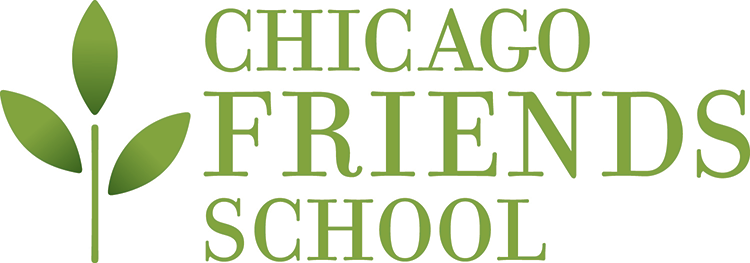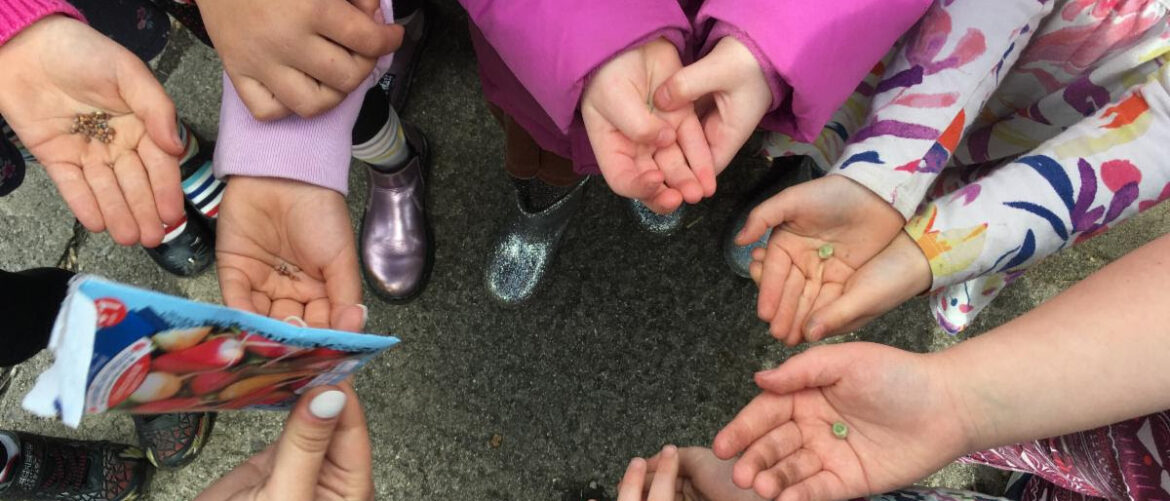This month, we are reflecting on the values of Equality and Equity as a school.
Equality and equity, like integrity, are easier for children to grasp in their absence than their presence. Throughout years of school-wide reflection, I’ve heard many stories of inequality — among siblings, among friends, in the classroom and at home. It is easy for a young person to be aware of when things don’t feel fair, and luckily for our students many of these situations are pretty gentle examples of inequality. Being made to set the table when their sibling wasn’t, not being allowed to do something an older child could, not getting a coveted gift that a friend got at holiday times. These are useful, concrete, stepping stones to understand inequality, and are often more emotionally accessible to young people than the larger and more troubling inequalities around us.
But yesterday, as I walked to school in one degree weather, I was piercingly aware of many of the bigger inequalities that surround us every day. I was aware that not every child or adult in Chicago got to spend yesterday warm, safe and well fed. With that in mind, I threw out the queries for community meeting I had planned in advance and instead asked about big inequalities. All of the research on childrens’ awareness of the world shows that kids generally take in more than we think they do about the adult world, and welcome opportunities to talk and be heard on them. And true to this, the first student response I got about inequality was one word, “racism.” Another talked about gender discrimination, another about homelessness and another about economic inequality. These are large issues, and large burdens in the world.
The research also shows that kids are resilient in such knowledge, particularly when they feel that they can have a hand in fixing it. Even a small direct action helps people feel that there is a solution and that they’re empowered to make things better. So, I also asked what they do, or what their families do to help make things more equal. There were fewer answers here but still examples were given, such as volunteering, donating, and voting.
We, as a school, prize equality, and yet we live in the midst of huge inequalities. This is true for us and has also been true of every generation of humans before us. Most children are aware of inequalities on some level, and their innate sense of fairness can help them understand and have empathy. You can help at home by talking about it. When you volunteer or donate, let them know. Enlist them in finding solutions so they can proudly say, yes things are unequal, but here’s how I have helped.


Karen Carney
is the head of school. Karen’s career demonstrates a rich and diverse set of skills: project oversight, curriculum development, educator training and mentoring, and classroom instruction. Prior to coming to Chicago Friends School, she worked as a senior specialist in science curriculum for American Institutes for Research. Before this, she oversaw educational programming at the Adler Planetarium, first as its director of education and then as associate vice president for visitor experience and learning. She has also worked in instruction and teacher development at the University of Illinois at Chicago’s Learning Sciences Research Institute and has authored more than 20 scholarly papers, book chapters, and conference presentations.
Karen is an active, dedicated Friend (Quaker) and has held various leadership positions at the Evanston Friends Meeting. She enjoys baking, cooking, and painting and is a member of the Playmation improv comedy team.